On August 20th, Hungary comes alive with vibrant festivities, commemorating one of the most significant national holidays in the country’s calendar. This date, steeped in history and tradition, is more than just a public holiday—it is a day that encapsulates the essence of Hungarian identity, celebrating the foundation of the Hungarian state and honoring St. Stephen, the nation’s first king.
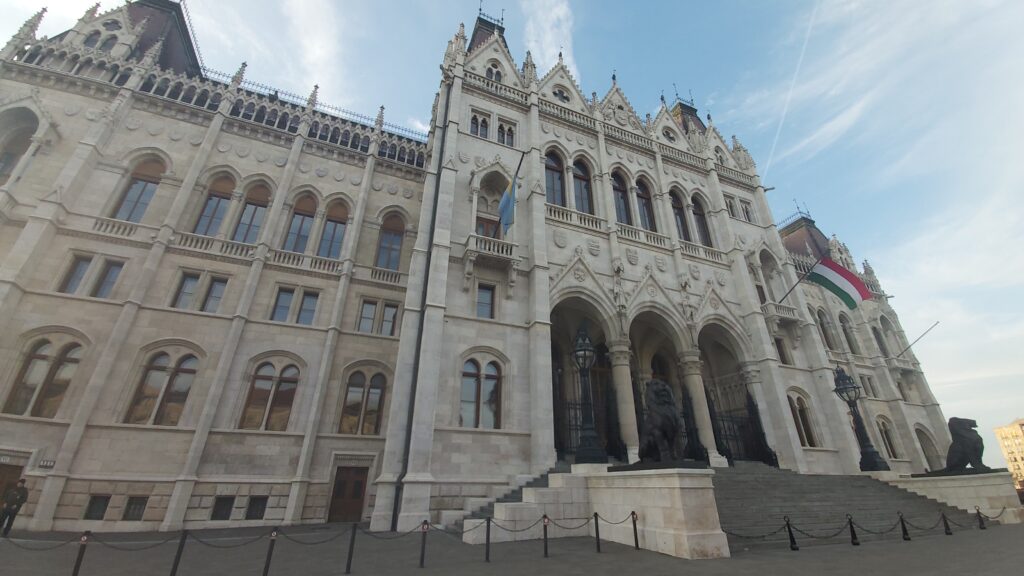
A Day Rooted in History
August 20th is traditionally recognized as the Feast of St. Stephen, who is regarded as the founder of the Hungarian state. Born around 970 AD, Stephen I was the first king of Hungary, and he played a pivotal role in establishing Hungary as a Christian kingdom. His coronation on Christmas Day in 1000 AD marked the beginning of a centralized Hungarian state, and his efforts to Christianize his people laid the foundation for Hungary’s cultural and political identity.
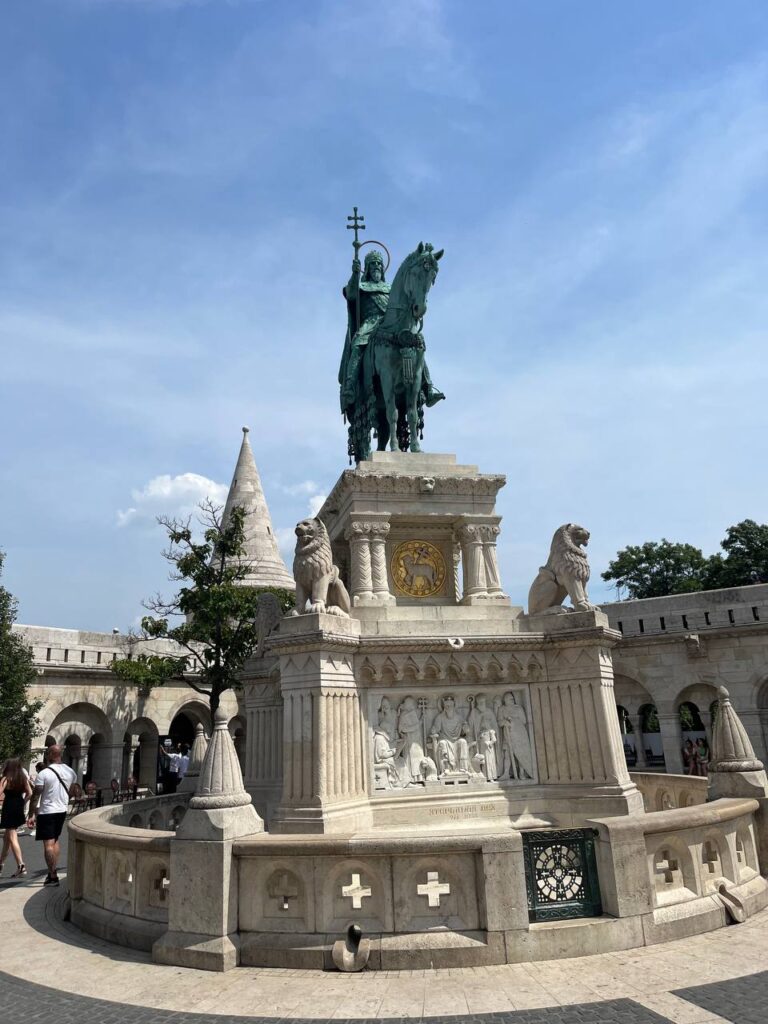
St. Stephen’s legacy is deeply embedded in Hungarian consciousness. He is not only revered as a king but also as a saint, having been canonized by Pope Gregory VII in 1083. His feast day, August 20th, was later adopted as a national holiday, symbolizing both the birth of the Hungarian state and the enduring values of unity and faith that St. Stephen championed.
A Multidimensional Celebration
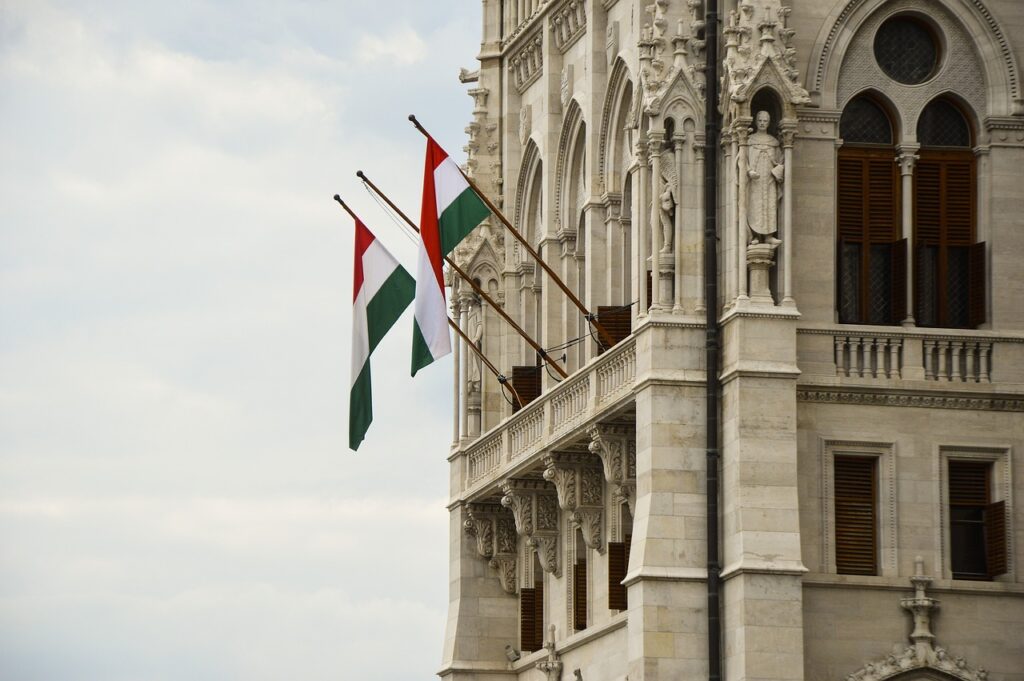
August 20th is celebrated in various ways across Hungary, with Budapest hosting the most elaborate festivities. The day begins with official state ceremonies, including the raising of the Hungarian flag in Kossuth Square in front of the Parliament, attended by the country’s highest dignitaries. This is followed by a special mass and the blessing of the new bread, symbolizing the new harvest and the nourishment of the nation, both physically and spiritually.
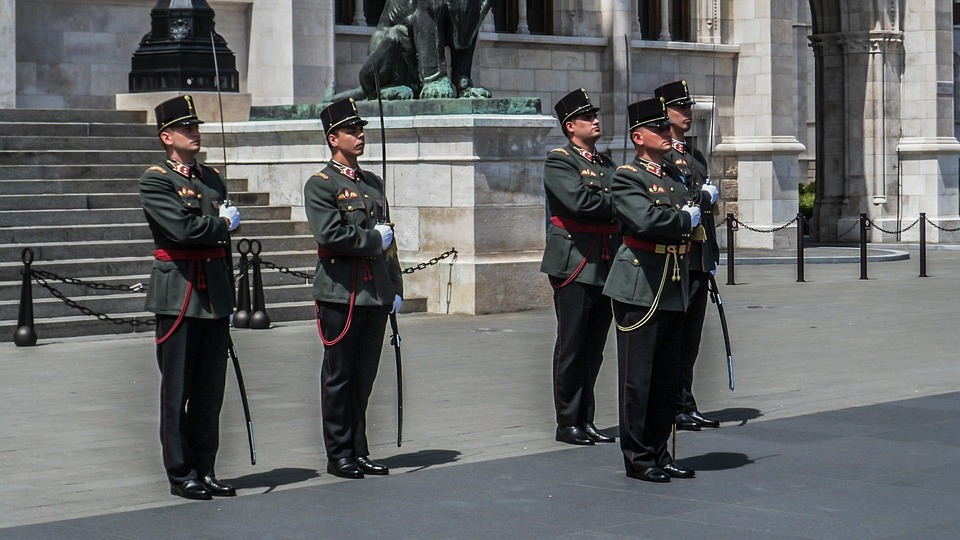
One of the most anticipated events of the day is the procession of St. Stephen’s Holy Right Hand. The mummified right hand of the king, kept as a relic, is paraded through the streets of Budapest in a solemn and awe-inspiring ceremony. This relic, preserved in St. Stephen’s Basilica, is a powerful symbol of Hungary’s religious and cultural continuity.
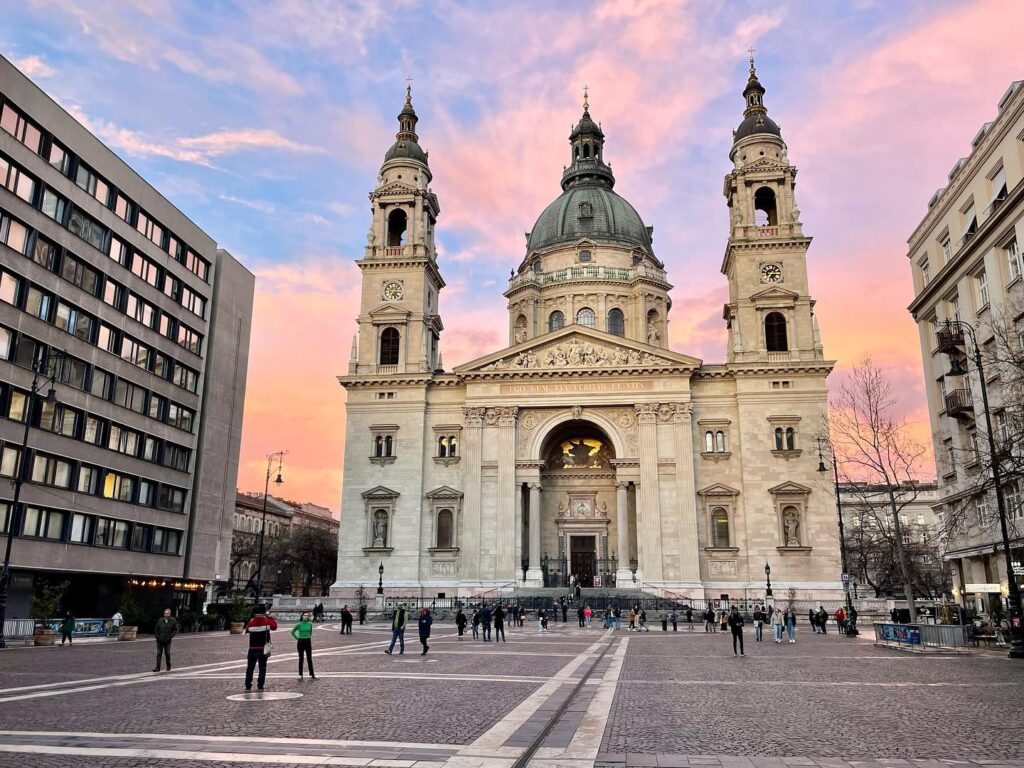
As evening falls, the celebrations reach their peak with a grand fireworks display over the Danube River. This breathtaking spectacle, watched by thousands from both banks of the river and the iconic Chain Bridge, is the highlight of the day. The fireworks are not just a visual treat but also a symbolic representation of Hungary’s enduring spirit and the unifying power of its national identity.
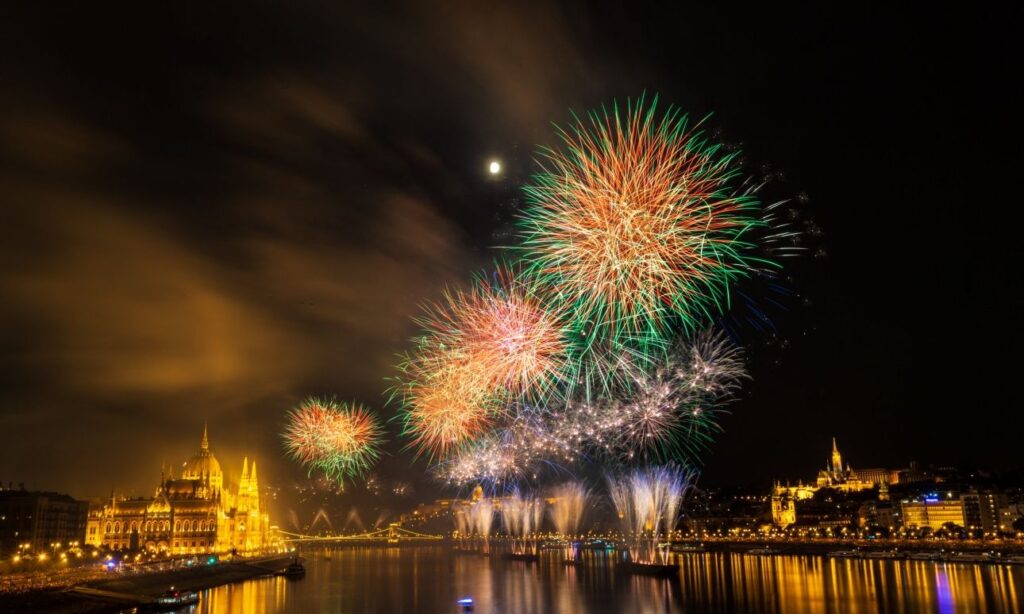
Tradition Meets Modernity
While the day is rich in tradition, it also embraces modern cultural elements. In recent years, August 20th has evolved to include various cultural and culinary events, showcasing Hungarian art, music, and cuisine. Street fairs, concerts, and food markets spring up across the country, providing a platform for local artisans and chefs to display their talents.
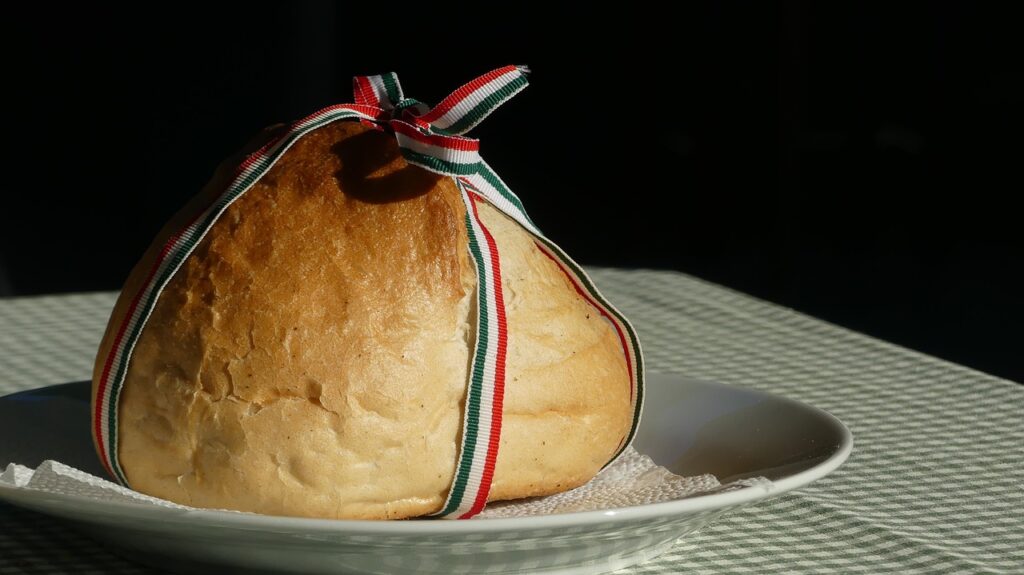
One of the most popular aspects of the day is the “Bread of Hungary” competition, where bakers from across the nation compete to create the best bread, symbolizing the significance of agriculture and the sustenance it provides. The winning bread is then shared during the festivities, further reinforcing the themes of community and sharing.
A Day of Unity and Reflection
August 20th is more than just a celebration of Hungary’s past; it is a day that calls for reflection on the country’s present and future. It is a time when Hungarians, regardless of where they are in the world, come together to celebrate their shared heritage and national pride. The day serves as a reminder of the values that have shaped the nation—faith, unity, and resilience—and how these values continue to guide Hungary in its journey forward.
For visitors to Hungary, August 20th offers a unique opportunity to witness the country at its most patriotic and vibrant. The blend of history, culture, and festivity provides a deep insight into what it means to be Hungarian, making it a truly unforgettable experience.
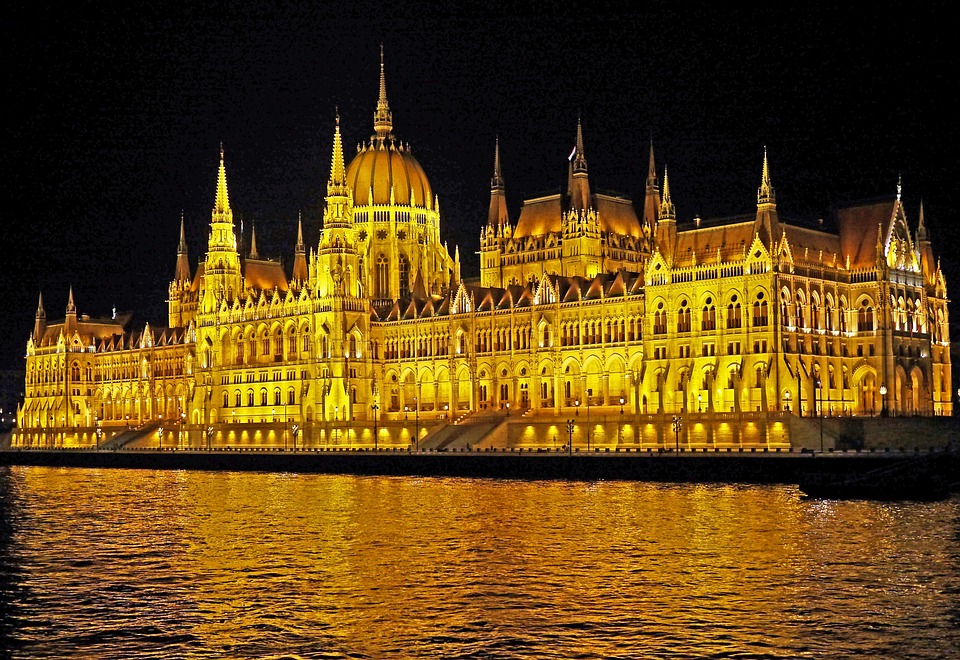
In essence, the Hungarian State Holiday of August 20th is a celebration of more than a thousand years of history, a tribute to the enduring legacy of St. Stephen, and a vibrant expression of national pride. Whether through the solemnity of religious ceremonies or the joy of fireworks lighting up the night sky, this day captures the heart and soul of Hungary, offering a glimpse into the rich tapestry of its national identity.
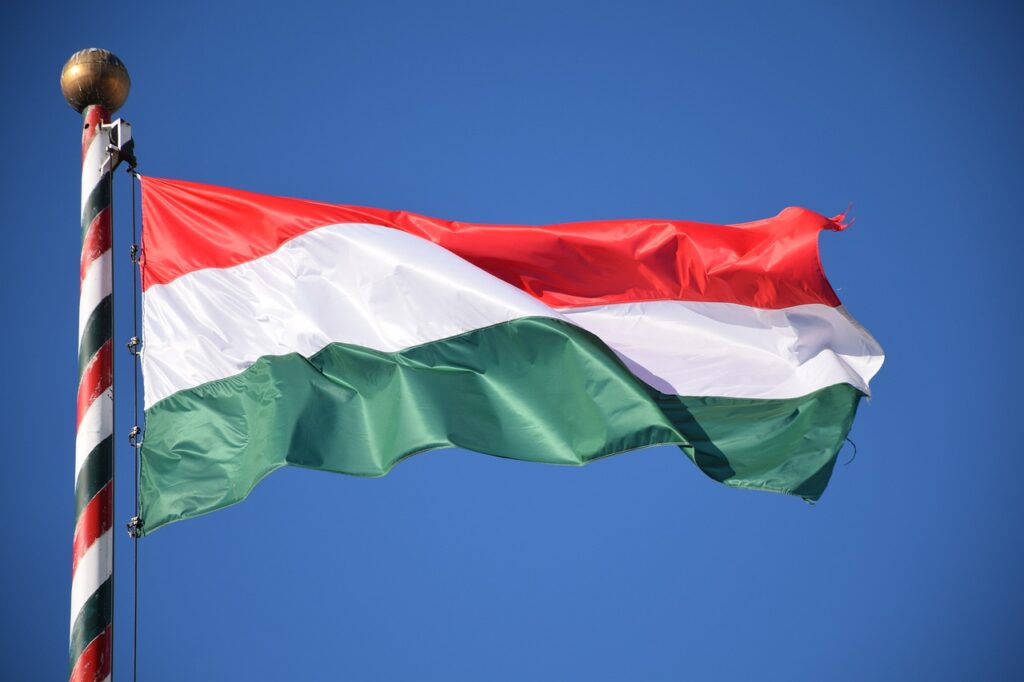
Getting Around Budapest?
Book a private transfer - from €36. Licensed drivers, fixed prices, 24/7 support.






